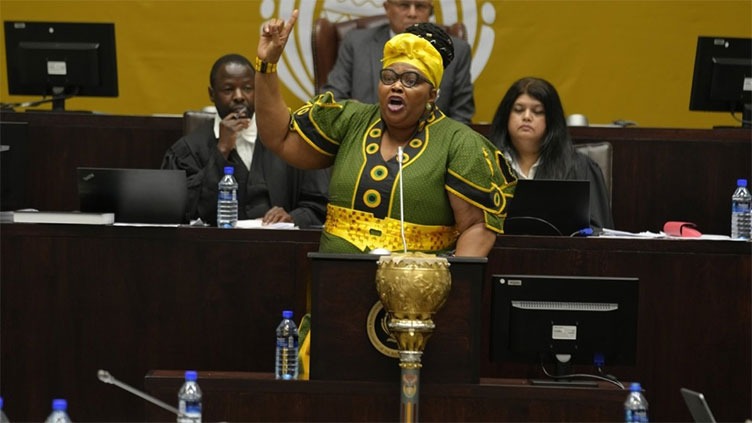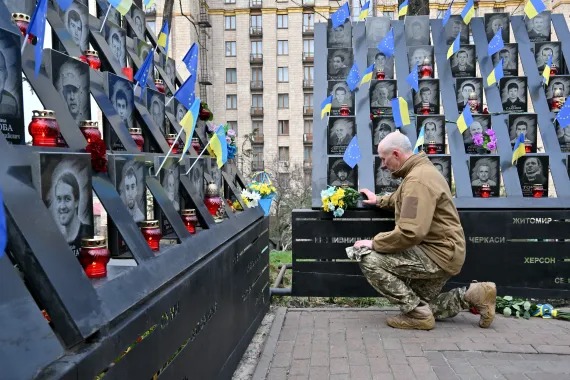South Africa’s Parliament has voted overwhelmingly in favor of severing diplomatic ties with Israel and closing its embassy in Pretoria. The symbolic motion, introduced by the left-wing opposition party Economic Freedom Fighters and supported by the ruling African National Congress, underscores South Africa’s stance on what it perceives as Israel’s war crimes and genocide in the besieged Gaza Strip.
Landslide Vote Backs Embassy Closure
South African lawmakers voted decisively in favor of closing Israel’s embassy in Pretoria and suspending all diplomatic relations until a ceasefire is reached. The motion garnered strong support with 248 votes in favor and faced 91 votes in opposition. The unprecedented move is poised to strain relations between the two nations, marking a significant departure from the status quo.
Divided Political Landscape
The motion exposed a deep political divide within South Africa, with the ruling African National Congress and the left-wing Economic Freedom Fighters advocating for the motion, while the centrist, white-majority Democratic Alliance expressed strong opposition. President Cyril Ramaphosa, echoing the sentiment of many lawmakers, accused Israel of committing war crimes and genocide in Gaza, further heightening the discord within the country’s political landscape.
Global Echoes and BRICS Summit
South Africa’s decision reverberated globally, coinciding with a virtual summit of BRICS nations, which include Brazil, Russia, India, China, and South Africa. The emerging economies jointly called for an “immediate, durable, and sustained humanitarian truce” in Gaza. President Ramaphosa took to social media to express his concern over the situation, emphasizing the need for collective efforts to address the “historical injustice” and work towards a just and peaceful future for both Palestine and Israel. As the motion gains international attention, it raises questions about the broader implications for South Africa’s foreign relations and the global response to the Israeli-Palestinian conflict. The diplomatic rift comes at a crucial juncture, with the international community closely watching the developments in the Middle East.
Parallels with Apartheid and Defiance of Israel’s Denial:
South Africa’s support for the Palestinian cause draws parallels with its historical struggle against apartheid. Many Palestinian rights groups, alongside a growing number of international organizations, contend that Israeli policies towards Palestinians constitute apartheid—a claim that Israel vehemently denies. The recent vote by South Africa underscores its commitment to standing in solidarity with the oppressed, drawing on its own experiences of overcoming injustice.
Recall of Israeli Ambassador and Ongoing Gaza Conflict:
The parliamentary vote unfolded against the backdrop of Israel’s decision to recall Ambassador Eli Belotserkovsky from Pretoria “for consultations.” The move amplifies the strain in diplomatic relations between the two nations. Meanwhile, the Gaza conflict continues to escalate, with Palestinian authorities reporting a significant number of casualties in Israel’s air and ground assault, triggered by a surprise attack from the Palestinian armed group Hamas.
South Africa’s resolute stance on severing ties with Israel reflects a growing global sentiment against the backdrop of the ongoing Israeli-Palestinian conflict. While the parliamentary decision is largely symbolic, its repercussions may extend beyond diplomatic circles, shaping international perceptions and potentially influencing other nations to reassess their relationships amidst the unfolding humanitarian crisis in Gaza.
















